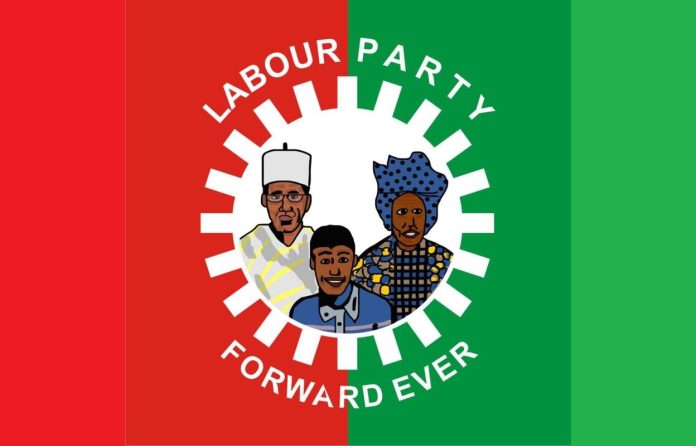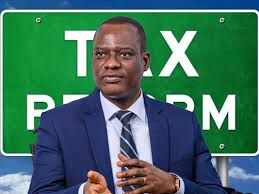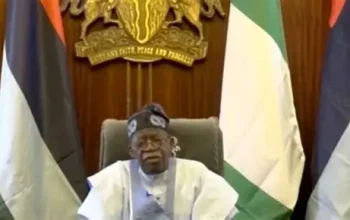The Labour Party in Nigeria has urged workers’ unions to seek a new minimum wage through renegotiation with the government, rather than resorting to industrial action.

Obiora Ifoh, the National Publicity Secretary of the Labour Party, shared this perspective during an interview with the News Agency of Nigeria on Monday in Lagos State.
Ifoh expressed that striking is not a viable solution, as it would lead to increased hardship and suffering for Nigerians. He stated, “Our immediate reaction is that organised labour should not throw Nigerians into more hardship. Nigerians are already grappling with a lot of challenges, and we do not need to exacerbate the situation. I think the demand for a N494,000 minimum wage is unrealistic. It is really unrealistic.”
He explained that such a high wage would be unsustainable, as it would require the government to allocate a significant portion of its funds to civil servant salaries. Instead, Ifoh advocated for continuous negotiation between the labour unions and the government to find a mutually acceptable figure.
“Negotiation should continue until they get something better. Asking Nigerian workers to stay at home will affect everything, including the cost of living, and Nigerians cannot afford that now. Negotiation is not a one-off thing. If the Federal Government is not willing to go above N60,000 minimum wage, I think that the Organised Labour should work with what is available while it continues to negotiate. We know this government has not gotten it right. It is still trying to test the waters,” he added.
Ifoh emphasized that the Labour Party opposes any actions that would exacerbate the current hardships faced by Nigerians.
His remarks came in response to the nationwide strike declared by organised labour to demand a new minimum wage. Despite previous appeals from the Federal Government for consideration, the organised labour commenced an indefinite strike on Monday to press for a new national minimum wage.
This industrial action followed several unsuccessful negotiation attempts involving the Nigeria Labour Congress, the Trade Union Congress of Nigeria, and government representatives. On May 28, labour representatives walked out of a Tripartite Committee meeting on the minimum wage after the government increased its offer from N57,000 to N60,000.
The government and the Organised Private Sector initially proposed ₦48,000, which was then increased to ₦54,000 and later to N57,000—all of which were rejected by labour. The organised labour had initially proposed ₦615,000 as a new minimum wage but later revised it down to ₦497,000, and then to ₦494,000, reflecting the current rising cost of living.
Read also:
- NLC Strike Causes Nationwide Blackout as Workers Shut Down National Grid
- CBN Revokes Heritage Bank’s Licence
- Minimum Wage: Shehu Sani on Potential Impact if FG Agrees to 400k Pay
- Donald trump found guilty in hush money trial; becomes first ex-U.S. President to be criminally convicted
- Young Woman Forced to Break Spell She Cast on Boyfriend
- BBNaija’s Ka3na Opens Up on Re-Marrying on Husband’s Death Anniversary
- How My Husband Became Impotent After Having an Affair with My Mother – Anne Ndungu Opens Up
- Military Vows Retaliation for IPOB’s Killing of Soldiers in Abia
- Saida BOJ berates BBNaija show, reveals why she can never enroll
- Erisco Food Case: Court Grants Okoli N5m Bail
- Nigerian Man Uses Juju to Boost TapSwap Luck
- Netizens React to Laila Charani’s Comment on Ned Nwoko and Regina Daniels’ Anniversary Post
- Naira Abuse: EFCC Arrests Man for Spraying N200 Notes
- UEFA ownership rule: Manchester United could face Europa League ban
- How to identify when a child is being bullied



